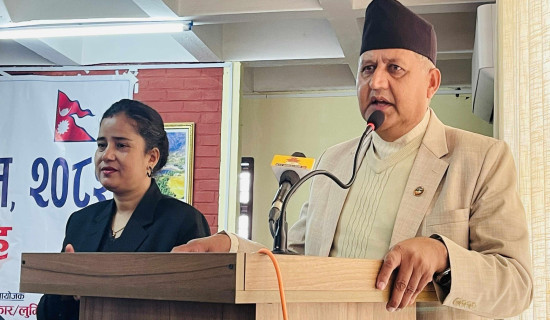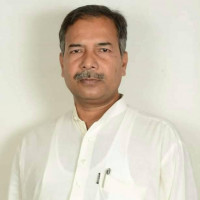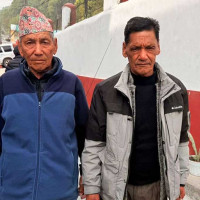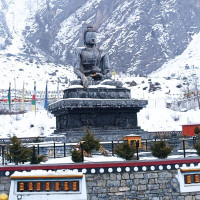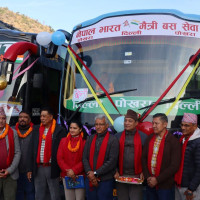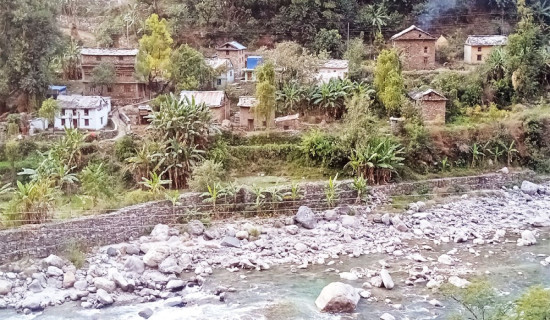- Wednesday, 4 February 2026
Cricket Ignites Hope
Nepal is amidst waves of political uncertainty and an optimistic future. Within this, something good has emerged as a source of calm, unity and shared joy: cricket. The recent qualification to the T20 World Cup, which is going to be held jointly in India and Sri Lanka, has transformed a confused nation into a collective emotion capable of lifting national morale. The success and growing stature of the Nepali cricket team is not merely an athletic story; it has become a social phenomenon that is helping citizens heal from political exhaustion and regain a sense of belonging.
Almost instinctively, Nepalis across age, class and geography have found themselves glued to the screen whenever the national team steps on the field. For a few hours, the public’s attention shifts from headlines of corruption, instability and blame to the simple thrill of a boundary, a wicket, or a nail-biting finish.
The recent completion of the Tribhuvan University International Cricket ground, with floodlights, which is a first for the nation, and the Upcoming second season of Nepal Premier League, which will be played under those floodlights, provide the nation a reason to smile together.
What is remarkable is the way cricket has dissolved the invisible walls of division in Nepal. Our political landscape has long been characterised by ideological rivalry, regional demands and competing identities. Yet when Nepal plays, the colour of the jersey overtakes the colour of party flags. Social media, usually flooded with anger and arguments, suddenly shifts to celebration, predictions and playful debate about player line-ups. Even during economic hardship, restaurants and parks fill with fans. For a brief moment, people are not Madhesi or Pahadi, pro-this or anti-that, they are simply Nepali.
The emotional impact of Nepal’s victories goes beyond entertainment. It restores confidence. Despite the fresh changes, many citizens feel helpless about the direction of the nation. Changes in the nation are viewed as a positive aspect, and cricketers are a very good example. When the national team wins, it feels like a personal triumph for all of us, as though the country has finally done something right.
Of course, cricket cannot solve the country’s structural problems. No six or century will reduce inflation, restore trust in institutions or fix long-standing governance issues. But healing does not always begin with solutions. Sometimes it begins with hope. And hope has undeniably returned to Nepal through cricket. The sport grants us rare moments of solidarity, where we experience the joy of collective identity, something that politics has repeatedly taken away.
The challenge now is to protect this newfound unity and enthusiasm from exploitation. Politicians have already attempted to score symbolic points by associating themselves with players and matches. Such gestures trivialise the emotional value the sport holds for the public. Cricket in Nepal must remain beyond political ownership; its role is too important to risk being dragged into the same arena that exhausted the nation in the first place.
Cricket will not rebuild Nepal, but it reminds us why Nepal is worth rebuilding. It has rekindled national pride, created shared memories and allowed us to cheer together when there was very little to cheer for. In a country weary of division, that alone is priceless. As long as the game continues to thrive, so will the hope that one day our unity on the cricket field will be matched by unity in our politics.



